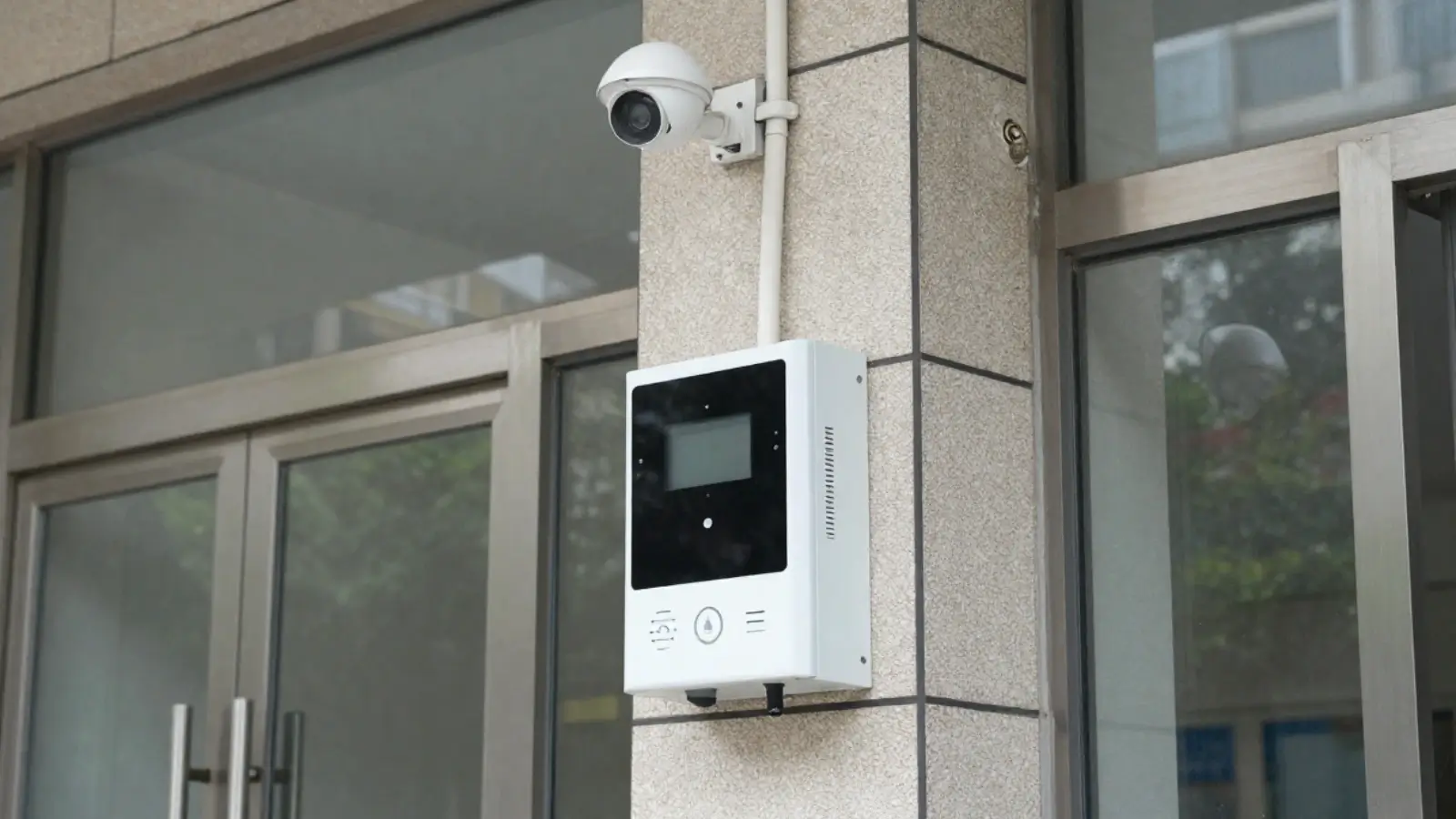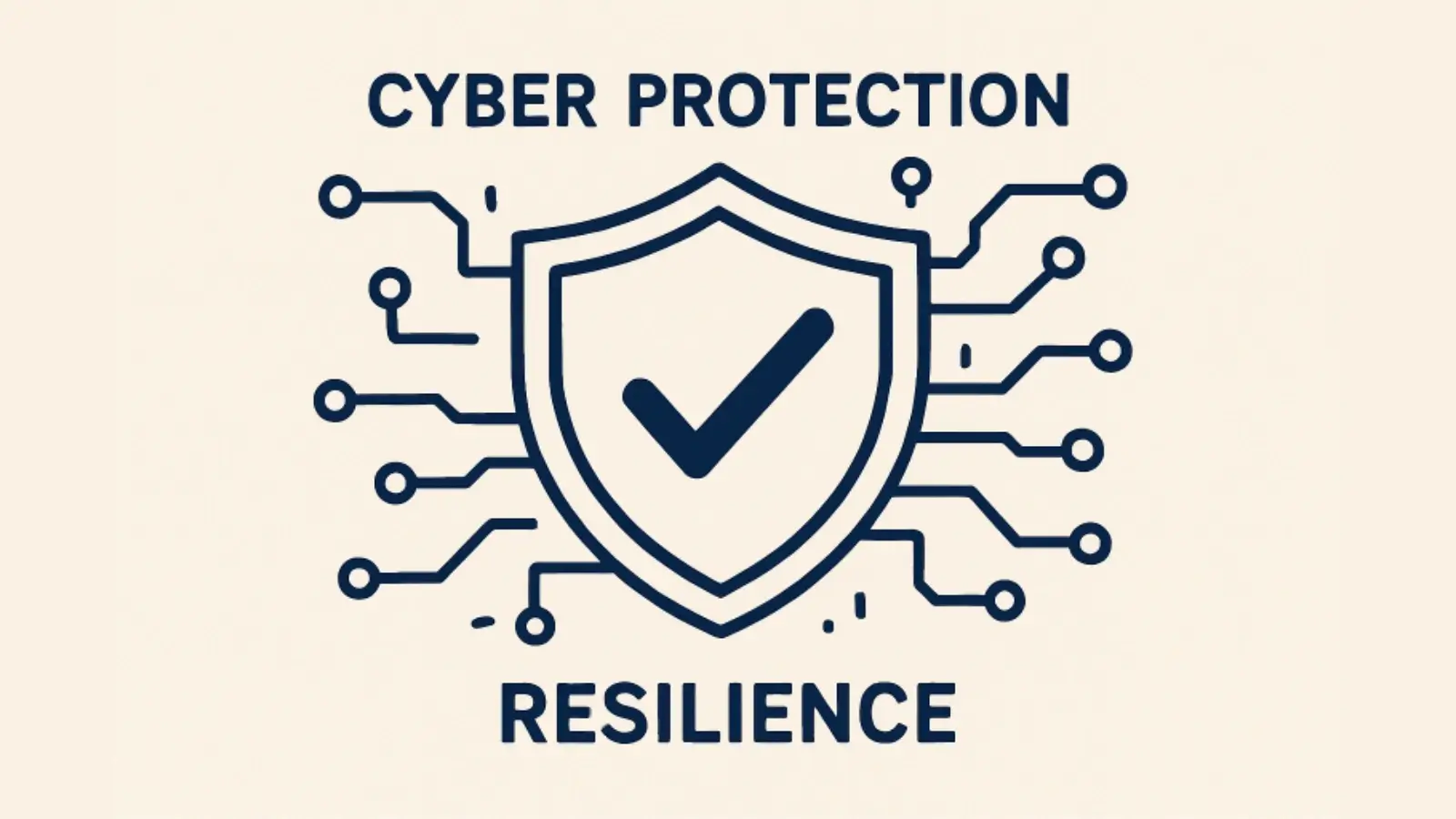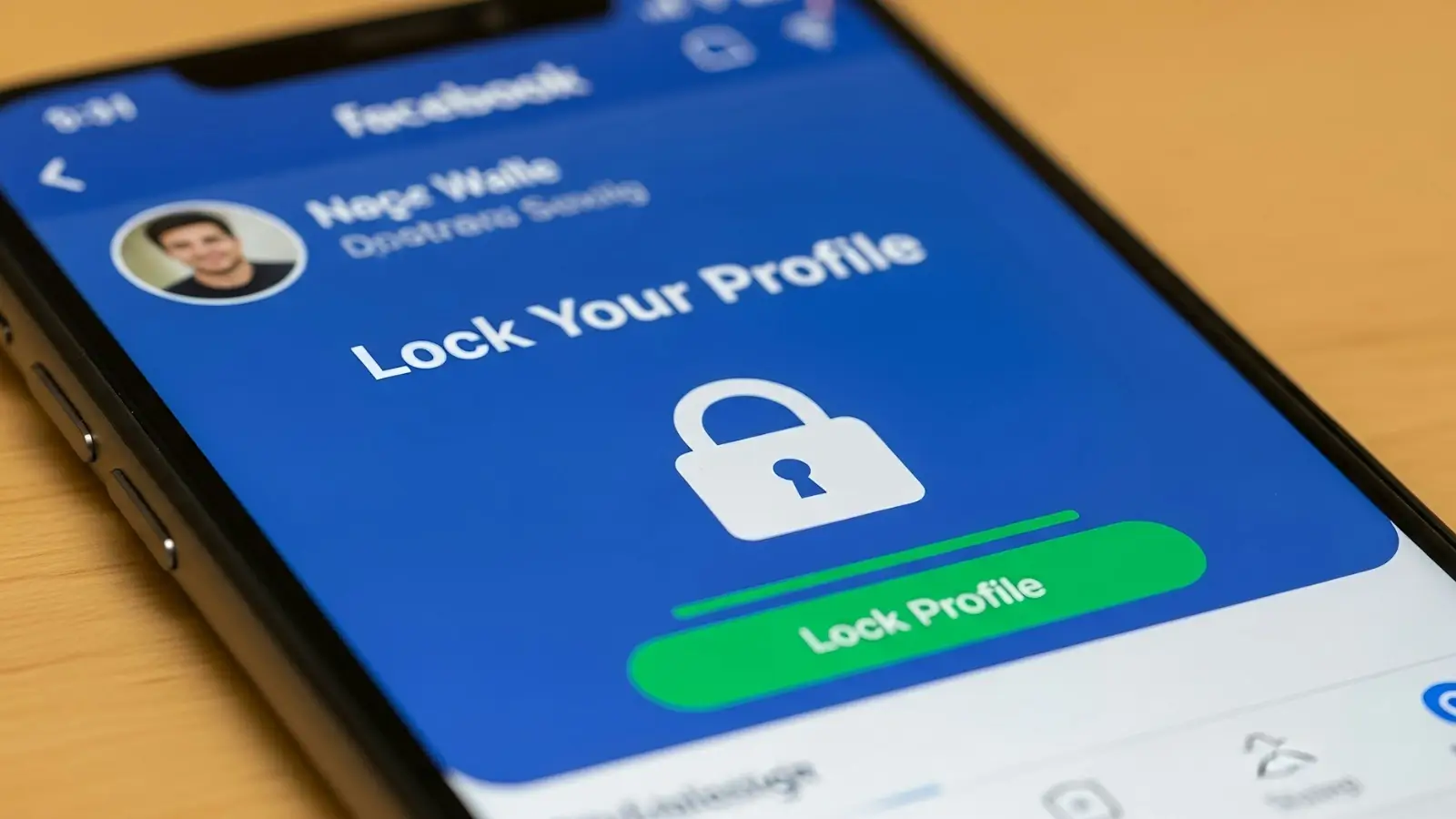Have you ever scrolled through TikTok and wondered why some videos seem just out of reach, hidden behind digital borders? The vibrant world of content creation offers endless possibilities, but often, the thrill of going viral is laced with the frustration of geo-restrictions and privacy concerns. As creators and viewers alike navigate this complex landscape, one technology has emerged as a game-changer: the Virtual Private Network (VPN).
In a digital age where your online footprint can be tracked and manipulated, understanding the dual role of VPNs in privacy and TikTok engagement is more crucial than ever. Not only do they serve as shields, camouflaging your online presence, but they also hold the key to unlocking content that might otherwise be unavailable. As you dive deeper into this article, you'll discover how VPNs can transform your TikTok experience—maximizing your visibility, enhancing audience engagement, and allowing for cultural adaptation across markets. Get ready to embark on a journey where savvy usage of VPNs can amplify your reach and influence, all while keeping your personal data secure.
Understanding VPNs: Their Role in Online Privacy and TikTok Usage
A VPN, or Virtual Private Network, serves as a protective shield by encrypting your internet traffic and concealing your IP address. This powerful technology enhances your online privacy, making it challenging for outsiders to monitor your activities.
When it comes to TikTok, VPNs can unlock geo-restricted content, enabling users to sidestep censorship. They also help safeguard personal data from TikTok's extensive tracking, which collects enormous amounts of information for targeted advertising.
However, it's worth noting that TikTok can still detect VPN usage through its sophisticated algorithms that analyze user login behaviors and device settings, which might lead to decreased visibility of your content.
For creators, VPNs open up opportunities to gauge content reception across different markets. By simulating a location change, they can reach wider audiences without needing to move physically. For more information, we invite you to read the article at free tik tok coins.
Impacts of VPNs on Visibility Metrics in TikTok’s Ecosystem
Utilizing a VPN can significantly affect how your content is initially showcased to audiences on TikTok. The platform favors geographic data, so connecting from a region with a large user base can enhance your video's visibility.
If your content reaches users from a high-engagement area, such as the U.S., it may gain traction quickly, resulting in increased views and possibly leading to viral success.
Nevertheless, to maximize visibility, VPN users should maintain consistency in their geographic signals. TikTok can spot discrepancies between the IP address and other location indicators, such as SIM card data or GPS, which might restrict content distribution.
Moreover, using low-quality VPNs could diminish visibility. High-quality VPNs that seamlessly integrate with device settings can greatly enhance performance metrics.
Engagement Changes: How VPN Usage Influences User Interaction on TikTok
The effect of VPN usage on engagement is complex and varied. When videos are displayed to viewers in an active region, creators often see a boost in likes, shares, and comments.
However, if there’s a disconnect between the content style and the preferences of this new audience, it can lead to disengagement. For instance, culturally inappropriate material might alienate viewers.
There is also the risk of shadowbanning, as TikTok may impose penalties for suspicious shifts in location. Inconsistent geographic signals could undermine an account's credibility.
To optimize engagement, creators need to align their content with the interests of their target audience—considering elements like language, cultural relevance, and tone—while staying authentic to their style.
Navigating Content Reach: VPNs and Their Effect on Target Audience Dynamics
VPNs can effectively alter content reach by shifting the perceived origin of videos. This flexibility allows users to target specific demographic groups, influencing how TikTok’s algorithm initially presents their content.
Consequently, aiming for a new audience can spur growth in previously untapped markets. For example, a creator who connects to a region with a robust TikTok presence can significantly enhance their reach.
However, this strategy does come with challenges, as TikTok’s algorithm closely monitors user behavior for consistency. If content doesn't resonate with local tastes, it could perplex or alienate viewers, resulting in fewer shares and interactions.
Creators should strive to align their VPN location, SIM card data, and TikTok settings. By combining geographic targeting with a thoughtful content strategy, they can cultivate a more engaged audience.
Legal Implications and Ethical Considerations of Using VPNs on TikTok
Legally speaking, using a VPN to access TikTok is generally allowed in most countries, but it might violate TikTok’s terms of service, which prohibit manipulating location and engagement signals.
In areas where TikTok faces restrictions, employing a VPN could clash with local internet censorship laws, exposing users to legal risks depending on their jurisdiction.
From an ethical standpoint, using VPNs to imitate different locations can undermine trust within the TikTok community and skew platform analytics, affecting equitable monetization opportunities for creators.
Nevertheless, utilizing VPNs for privacy protection, especially in censored territories, can be completely justified. It’s crucial to balance privacy needs with adherence to platform regulations for responsible engagement.
Ultimately, being transparent about VPN usage can alleviate some ethical concerns while ensuring users remain aware of legal risks and platform policies. This conscientious approach helps foster a more genuine TikTok experience.

















